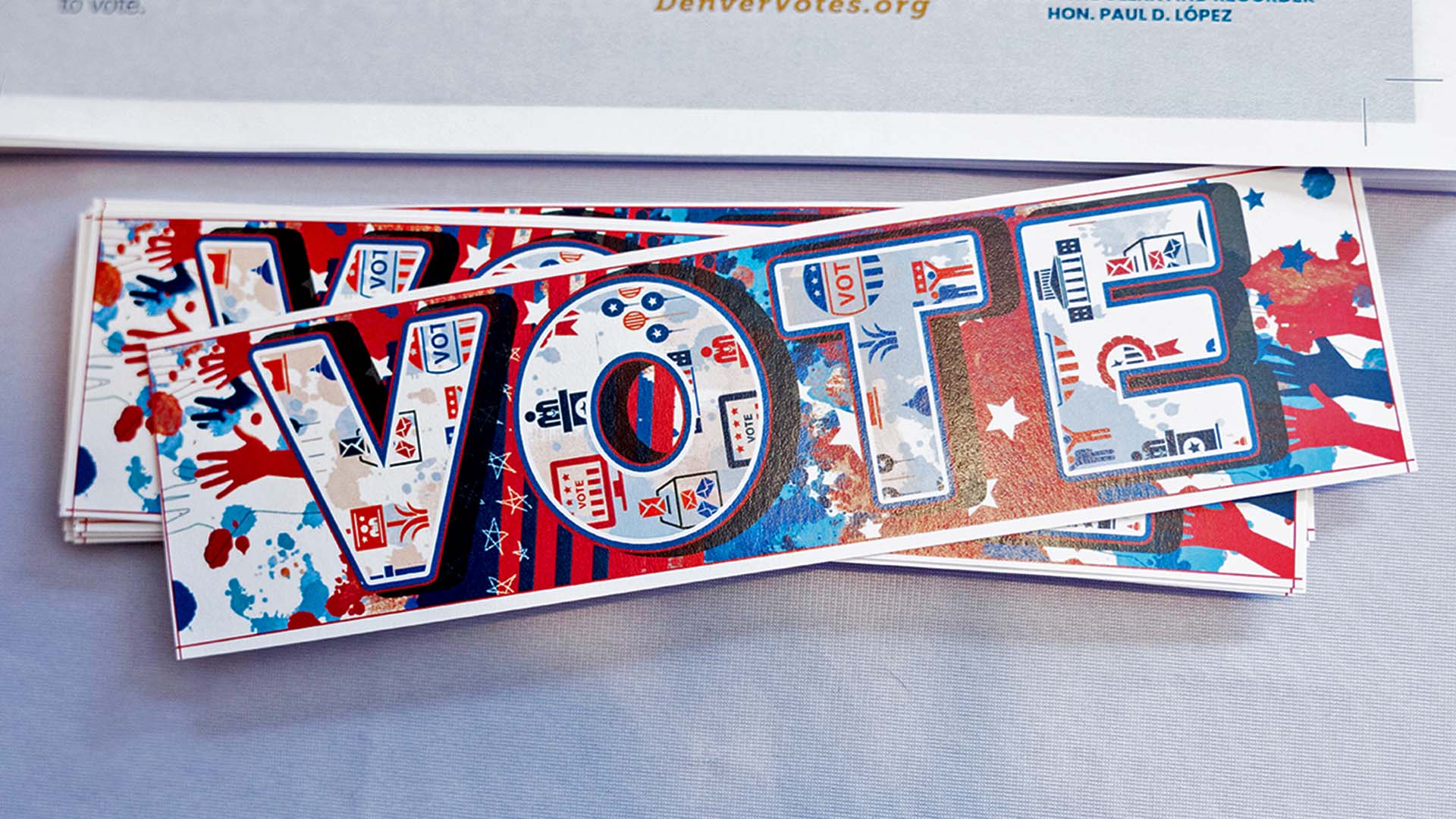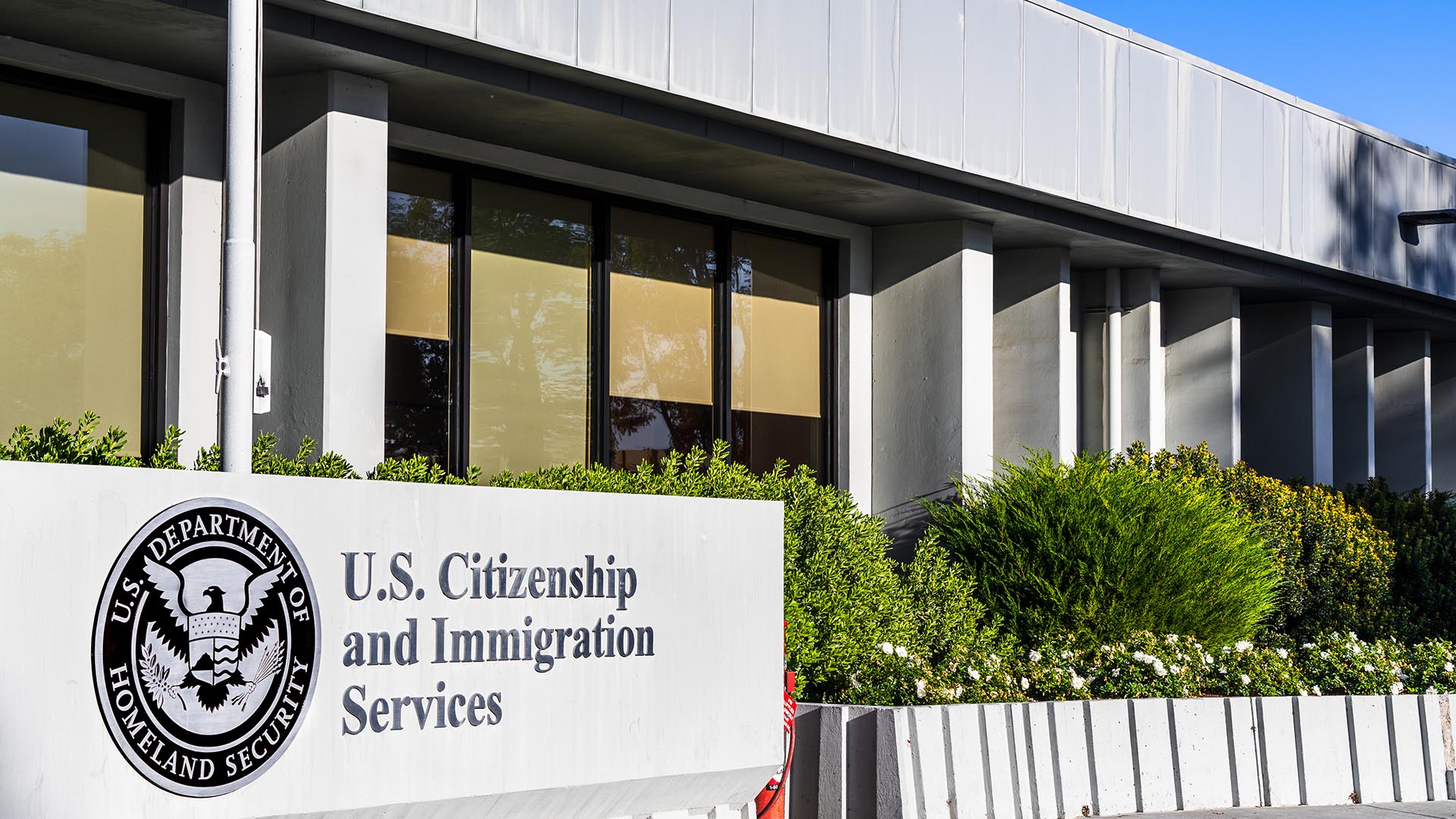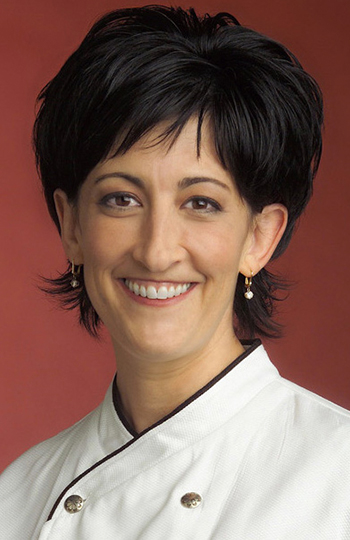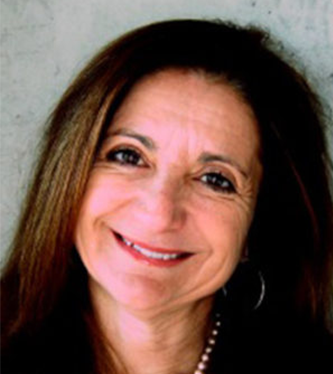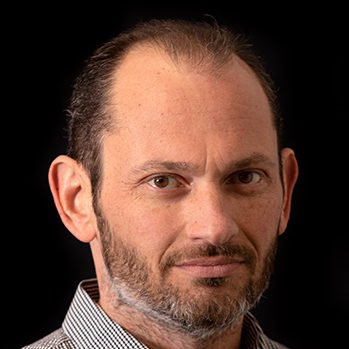Roadrunners rally around DACA students
MSU Denver community provides emotional, financial and legal support for undocumented students facing uncertain future.
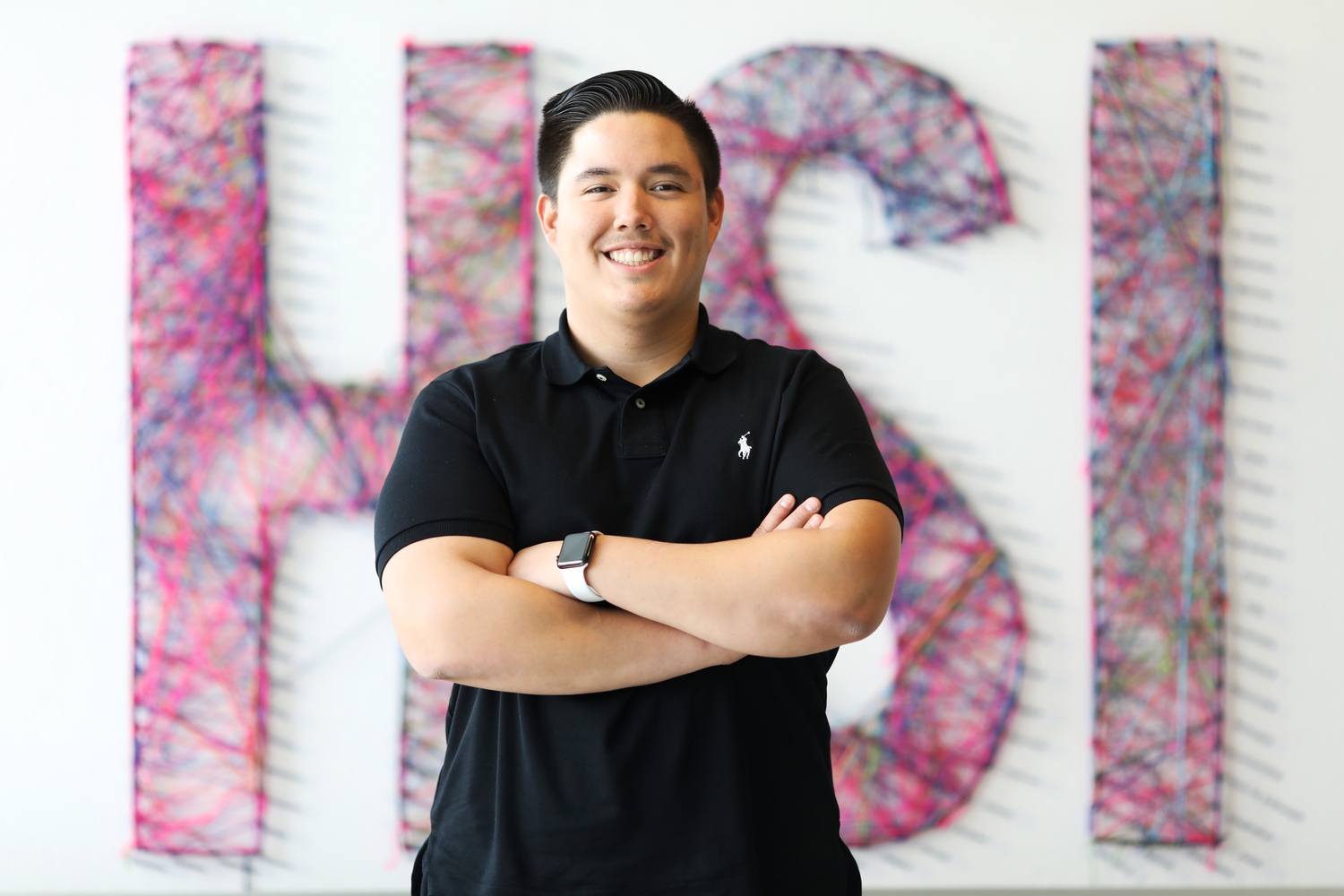
David Campos has lived in the United States since he was 4 years old. He didn’t realize until he was nearly an adult that the home he’s known for most of his life wasn’t recognized as his home by the U.S. government.
“When I was in high school, I didn’t know that I was ‘DACA.’ I didn’t know what it meant until I started applying for scholarships. When I got denied for [Free Application for Federal Student Aid], that’s when it really hit me,” Campos said.
As one of more than 300 MSU Denver students who are undocumented or covered by Deferred Action for Childhood Arrivals, Campos has made it his mission to ensure that others like him have the knowledge and support they need to get a college education.

He goes back to Abraham Lincoln High School every year to educate DACA students on why college is important and how to find and apply for scholarships. The last two years, he has met with about 20 DACA high-schoolers, and 11 are now enrolled in college, including nine at MSU Denver.
The accounting major is heavily involved on the Auraria Campus as well. He will present on advocacy at the Student Impact and Innovation Showcase in November, and he represents his peers in the MSU Denver DREAMer Network, a group of faculty and staff that meets regularly to discuss issues or projects that affect, support or create barriers for undocumented students.
“I’m the only student in that program. We meet every two weeks to talk about how they can connect Dreamers here on campus,” Campos said. “For me as a DACA student being involved in that, I have seen the great help MSU Denver has to offer. It makes you feel comfortable to go to an adviser and talk about those issues with them. It makes you feel confident that they understand your situation.”
Several internal and external groups came together for DREAMer Resource Day on Sept. 5, a resource fair with representatives from advising, financial aid, Journey Through Our Heritage and others, as well as community partners such as Servicios de la Raza and the Denver Scholarship Foundation.
Campos has taken advantage of resources offered, such as lawyers invited to campus to meet with DACA, refugee or immigrant students for a series of free legal sessions scheduled throughout the fall semester. Representatives of Rocky Mountain Immigrant Advocacy Network, Kelly Ryan Law and Schunk Law Firm have visited campus to connect with students.
“I’ve been doing clinics and so forth for a while because it’s helpful. I’ve been doing immigration for 18 years, and you’ve just got to help people sometimes,” said Pascal Schunk of Schunk Law Firm.
While the lawyers began coming to campus pro bono, they’re now given a nominal fee for their legal sessions, paid for by Diversity Initiative Grants, which are awarded to MSU Denver faculty and staff for programs that advance the University’s core values on diversity and inclusion.

In addition to legal assistance, Roadrunners who are eligible to renew their DACA status by this week’s deadline can take advantage of financial assistance offered by an MSU Denver Foundation fundraiser, which provides students with $517.25 each to cover such expenses as the renewal fee, passport photos and postage. Close to 60 donors have given more than $9,000 to support DACA students.
Nine students have taken steps to cover the costs of DACA renewal. Francisco Hernandez, a sophomore majoring in modern languages with a focus in Spanish, turned to Immigrant Services at MSU Denver after struggling to submit his application through the Mexican Consulate and then trying to fill it out himself.
“It’s really been a roller coaster of emotions. We knew DACA was temporary, but now everything is so uncertain as to whether Congress will act,” Hernandez said. “The support from the school makes me feel valued as a student.”
MSU Denver’s Immigrant Services program was created 30 years ago largely as an English as a Second Language program, but it has grown quickly since the Colorado ASSET law was signed in 2013. The program now also helps students with scholarship applications, health insurance selection and academic advising.
Gregor Mieder, coordinator of the Immigrant Services program, has seen more of a need for emotional support this year in the face of DACA’s uncertain future.
“There’s a lot of anxiety, and there certainly is a large emotional component – students come in, and we notice that they’re very anxious,” Mieder said. “They ask questions; sometimes we can answer them, and sometimes we can’t.”
He hopes the amount of support coming from across campus and from outside the University reassures students of their place on campus. Even campus coffee shop Dazbog is actively supporting DACA students – an upcoming promotion at Dazbog’s Auraria location will donate $1 to support DACA students from each purchase of a $4.99 travel mug.
“I’ve found that besides the students who are just incredibly thankful, there are actually faculty, staff and other students who respond really positively to it because they see that the institution is supporting their friends, their family and the people that they value,” Mieder said. “I think it’s been really good to show that the University’s trying to do everything they can.”

